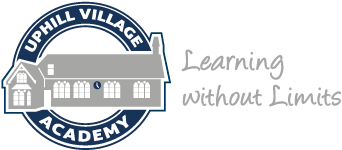Week Beg: 3rd May
EYFS
This week we have planted beans in different materials and in different places. We will be watching to see which / how the beans grow over the next few weeks -watch tapestry for updates.
We are hoping to find out what a plant needs to grow and how it grows.
In Phonics we have been practising our sight words: he, she, me we – can you write these on post it notes around your house. Each time your child goes pass can they read the word?
We have started to teach your children how to read CVCC words by extending CVC words e.g. ten –tent; ben –bent; dam –damp; pan –pant etc.
In Maths this week, the children will continue to develop their subitising skills (seeing the quantity without counting) in increasingly complex arrangements. Some arrangements are easier to subitise than others – e.g. a set of 6 dots arranged in a structured die pattern that exposes the double-3 pattern is easier to recognise than a random arrangement of 6 dots. A key focus this week is to use the children’s developing understanding of doubles to support their subitising skills. .
Another key focus this week is the ongoing development of visualising skills: encouraging the children to look carefully at structured arrangements, such as those shown on dice and 10-frames, and then to close their eyes and explain what they see. Using spatial language and hand gestures to describe sub-groups within these arrangements will deepen the children’s understanding of part–whole relations and allow them to further consider composition (the numbers within numbers).
YEAR 1
This week we have planted beans in different materials and in different places. We will be watching to see which / how the beans grow over the next few weeks -watch tapestry for updates.
We are hoping to find out what a plant needs to grow and how it grows.
In phonics we have been learning how to add ed and ing where no change to the root is required. e.g. mix -mixed jump – jumping.
We have talked about past and present tense e.g. Model changing the sentence: Bob cleans the dish
into past tense
In maths we have been learning to double numbers to 10 e.g. double 4 is 8 etc. We will also be introducing the concept of sharing: At home could your child have 10 biscuits and 5 plates.
- How can I share the biscuits equally?
- How many biscuits on this plate?
- How many on this plate?
- Are they equal?
- What if I had had an odd number of biscuits?



